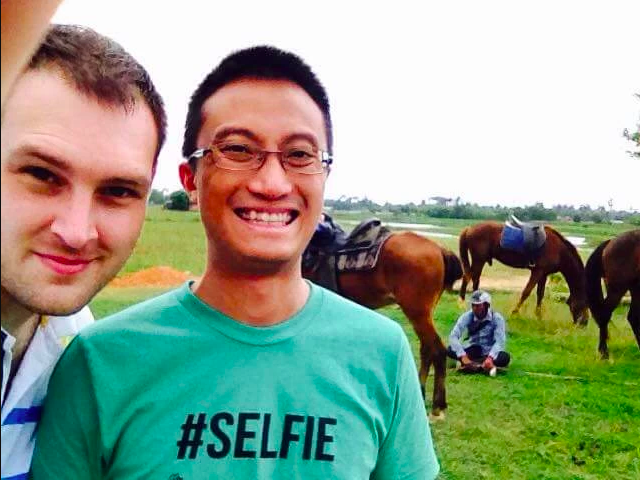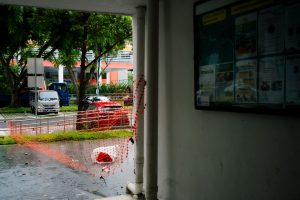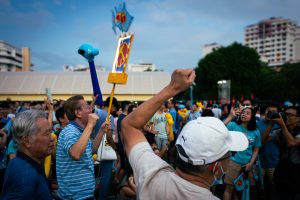The man charged with leaking a Ministry of Health (MOH) HIV registry, Mikhy K Ferrera-Brochez, is refuting MOH’s accusations.
In an interview with VICE News, and in his own Facebook post, the American claimed today that “The allegations being made against me … are blatantly false.”
What’s the media/government narrative?
Singapore, like Australia and New Zealand, does not allow HIV-positive individuals to stay in the country long-term, and Brochez may have contracted HIV.
To get around this, Brochez’s partner, Dr Ler Teck Siang, submitted a test tube of his own blood. This was labelled with Brochez’s details to obtain a HIV-negative result. Brochez thus successfully obtained a Personalised Employment Pass (PEP), and began working in Singapore; the duo repeated this trick in 2013 to renew Brochez’s pass. In 2014, MOH asked Brochez to submit to a blood test, suspecting his results were falsified; Brochez refused.
Curiously, in 2012, Brochez reported to an MOH official that Ler had shared screenshots of the HIV registry with him, and that Ler had disclosed Brochez’s HIV status to another person.
In 2016, MOH received information that Brochez was in possession of confidential information on the HIV registry. Police raided the couple’s home, found materials containing the registry, and confiscated them. Aside from the database, drugs were also found in the couple’s home, as well as several false documents. Ler and Brochez were charged with a variety of drug and fraud-related offences.
In May 2018, after Brochez had completed his sentence and been deported, he sent screenshots of the registry to MOH. On Jan 22, 2019, MOH was told by police that he might have the full registry. MOH worked with police to disable access to the information, and informed the public on Jan 28.
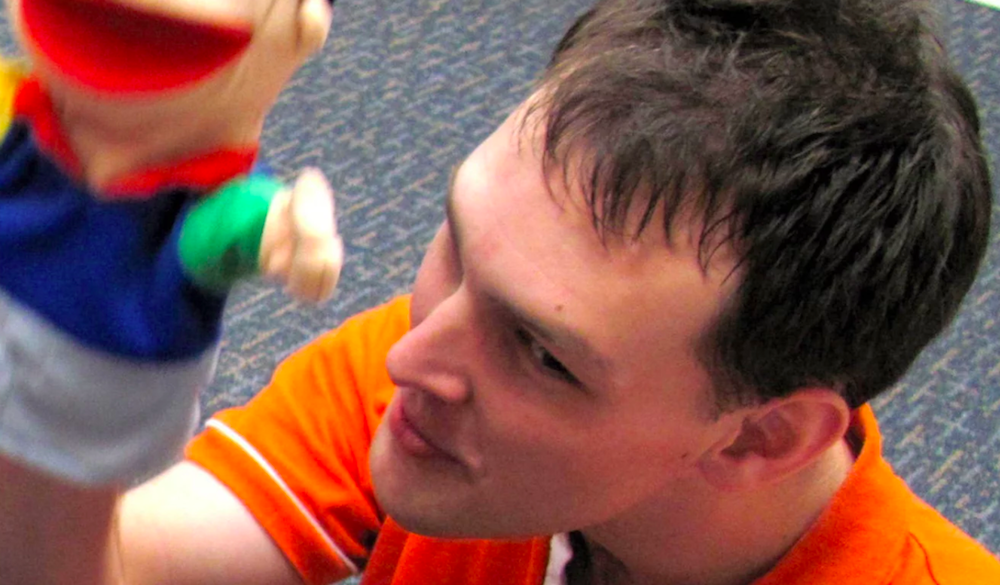
Brochez says he did not have HIV in 2008 or 2013, and that both test tubes submitted were of his own blood.
According to a Facebook post by Brochez, uploaded less than 10 hours ago, he initially discovered the database leak in 2012 when he recovered a laptop stolen by Darren Johnson (not his real name), who had allegedly been having an affair with Ler. The details of this theft, and why it was not reported to the police, are not made clear by Brochez who, crucially, has no proof to back up this claim.
VICE News interviewed the then-unknown thief accused by Brochez. Johnson says he never had an affair with Ler, never broke into their apartment, and only knew about the database leak once it was made public this year.
Presumably, Ler and Brochez were going through unknown difficulties in their relationship during this period. After all, it was in 2012 that Brochez reported on his own partner, complaining to an MOH official that Ler had shown him the database and revealed Brochez’s HIV status to another person, as described by Minister Gan. Brochez claims that this complaint was referring specifically to the leak of the HIV registry, not to his own HIV status.
Brochez says in his post that he repeatedly tried contacting several MOH officials with the information that the database had been leaked, but his emails were brushed aside. After repeatedly seeking help with the database in 2016, his home was searched by police, the records were confiscated, and he was charged. Brochez does not mention the drugs found in his home.
In the interview with VICE, Brochez explains that in a bid to force the Singapore government to respond to his claims, he sent a screenshot of the registry in 2018, to no avail. Finally, in January 2019, he sent a Google Drive link of the uploaded records to the Supreme Court, Singapore’s Attorney General Office, several members of the government, and a senior editor at CNN.
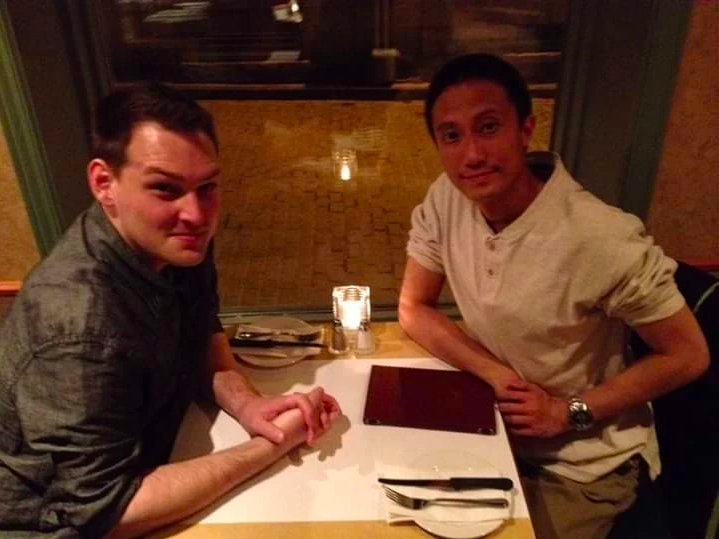
In addition to these statements, Brochez also claims he was raped while imprisoned in Singapore, under supervision of the prison guards, and in this way contracted HIV.
This is despite Brochez’s and Ler’s police statements prior to their trials; a tacit admission of Brochez’s HIV-positive status prior to 2008. They said they were sorry for breaking the law, but that there was no other way for them to be together given Singapore’s regressive laws on HIV-positive foreigners.
Brochez is now telling VICE that these statements were made under duress, given involuntarily, and that he was forced to plead guilty after being held without food or water for four days. Back in his 2016 trial, Ler gave a similar statement, telling the court that he had been forced to make a statement of guilt after being threatened by a police officer.
Brochez believes that the allegations against him are the result of a deep-state conspiracy by the “Lee regime”, Minister for Law K Shanmugam, and the MOH. The Singapore government worked in concert to lie, threaten, and silence him, or so he claims.
Brochez himself is a known liar. HIV status aside, he is known to have forged documents stating that he graduated from Vanderbilt University; when VICE contacted Vanderbilt for clarification, they had no record of him ever attending. He also was in possession of drugs at the time of his arrest, although he says he was holding them for a friend.
In a 2010 interview, he claims to have been a child prodigy and “lab rat” of his mother, Dr Theresa King, a child psychologist from the United Kingdom. British Newspaper The Independent found that this person does not exist, and now Brochez has been caught trespassing on his real mother’s home in Kentucky.
It’s entirely possible, in fact, that Brochez’s explosive Facebook post is merely a response to the VICE News article published earlier today. VICE, in publishing its interview with Brochez, pointed out the lack of corroboration, and outright falsehoods, contained in some of his claims, which he clearly was not happy with.
He has rejected The Online Citizen’s request for an interview, saying that Singapore has no free media—though by “free”, he could just be looking for someone to blindly accept his claims.
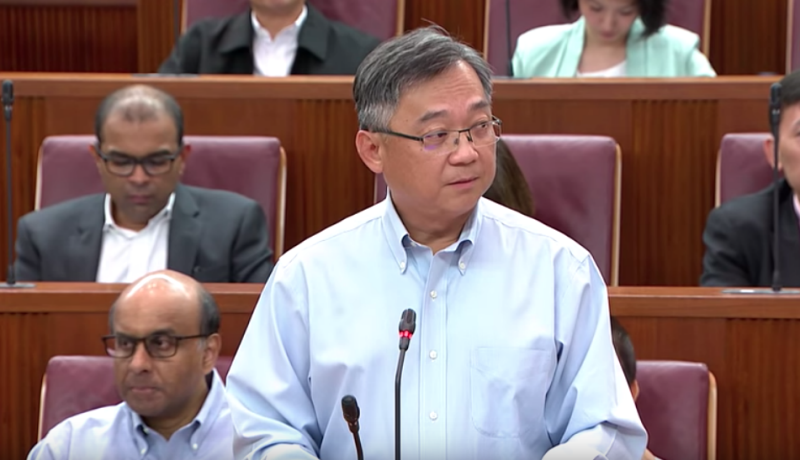
Brochez may be a liar and conspiracy theorist, wearing a tinfoil hit and trying to talk his way out of multiple crimes. However, his statements, compared against MOH’s, do raise some questions about the entire sequence of events.
Firstly, when Brochez revealed that Ler had possession of screenshots of the database as early as 2012, why were the police not involved? Even if, as MOH officials say, Brochez evaded questioning, the suspicion of such a confidential data breach should have been reported. If government agencies are going to tell us to report our slightest suspicions to the police, they should be held to the same standard.
Secondly, when the MOH ordered Brochez to take a blood test in 2014, and he refused, why was no action taken from 2014 to 2016? Surely it was a matter for concern then, as Brochez had refused an order by the Ministry?
Thirdly, how was MOH made aware of the database leak in 2016 and 2019?
In 2016, it said it had ‘suspicions’ that Brochez had the data. Brochez claims this is because he himself reported to MOH on the database leak. In 2019, the police informed MOH of the leak, which Brochez says he sent, in an email, to the Supreme Court. He also sent this link to journalists, who he trusted to ‘not reveal the data’ and instead report on the registry.
One thing’s for certain: Brochez is many things, but he did not aim to expose the data, or the records of HIV individuals. If anything, he saw himself as a Snowden-like whistleblower, bringing Singapore’s ‘shady’ government practices into the light. He did not ‘leak’, so much as inform the government that he had this data. Similar to Snowden, he set out to prove that recording such private data was immoral and could be misused.
But unlike Snowden, he has lied just as much as the government he accuses.
This exposure brings to light one aspect of the case: why should the government even possess such data on HIV-positive individuals, or ban foreigners with HIV from living in Singapore?
MOH says it is necessary for tracking and monitoring a public health concern, but with modern medication, individuals with HIV are not a threat to public safety. If anything, the HIV registry and ban could be doing more harm than good to the public image of HIV individuals. It is a symptom of, and reinforces, the age-old stigma against HIV-positive individuals.
In light of this incident, the government needs to answer the questions posed above regarding this case, as they raise serious concerns over MOH’s proficiency with the handling of personal data and possible breaches. Additionally, we need to review our government’s approach to HIV-positive individuals.
Mikhy Brochez may be a criminal, and more than a little crazy, but his case has exposed and revealed flaws in our public health system that must be addressed.

